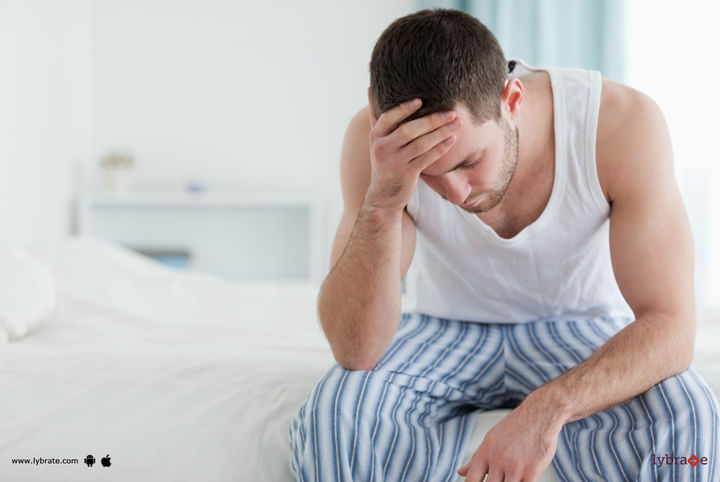Hypersexuality - How To Handle It?
Hypersexuality is also known as nymphomania or compulsive sexual behaviour. When a person is preoccupied with sexual fantasies to the point of dysfunction for at least six months, he or she suffers from hypersexuality. These sexual fantasies are usually combined with a compulsive pursuit of non-intimate or casual sex, excessive masturbation, pornography, objective partner sex and romantic intensity. It is more complex than just having an unusually high sex drive because sexual activity gives the addict an intense feeling of euphoria, suppressing other thoughts which cause distress, self-loathing and shame. This interferes with the daily regimen of activities. Treatment and management of sex addiction are imperative because it is disruptive and harmful not just to you but also to others. It also damages relationships, careers and self-esteem.
Symptoms:
People suffering from hypersexuality exhibit the following symptoms:
1. They engage in compulsive masturbation
2. They frequently hire prostitutes
3. Usage of phone sex services excessively
4. They have multiple extramarital affairs
5. They plan out sexual activities excessively
6. They engage in one night stands frequently
7. They are emotionally detached from their sexual partners
8. They prefer unprotected sex
9. They obsess about an unattainable sexual partner
10. They show tendencies of paraphilia
Causes:
The primary and identifiable causes of hypersexuality are as follows:
1. Biochemical imbalances in neurotransmitters and nervous system disorders
2. Medical conditions that damage certain parts of the brain to affect brain functioning
3. Overproduction of hormones such as androgens (present in males and females)
4. Being predisposed to hypersexuality due to genes
5. Altered neural pathways
6. Suffering from childhood abuse
7. Dysfunctional family dynamics
Sexual addiction is believed to be a dysfunctional adult response towards emotional or character regulatory deficits and innate personality as well as abuse, early detachment disorders and trauma. Hypersexuality is a symptom of a lot of mental disorders such as bipolar disorder, adult attention deficit disorder or obsessive-compulsive disorder.
Sex addicts usually do not seek treatment for their addiction until the consequences of their activities are dire and have an overt negative effect on their health, relationships, finances and career. Since addicts feel ashamed and despise themselves, they usually do not seek help until they hit rock bottom. However, it is crucial to treat this disorder in order to lead a happy and fulfilling life where one is not controlled by their addiction.
Treatments:
Hypersexuality can be treated using the following methods:
1. Psychotherapy
2. Group Therapy
3.Family and couples therapy
4. Support groups
5. Self-help groups
6. Medications
a. Antidepressants
b. Anti-androgens
c. Luteinizing hormone-releasing hormone (LHRH)
d. Mood Stabilizers
e. Naltrexone



+1.svg)
